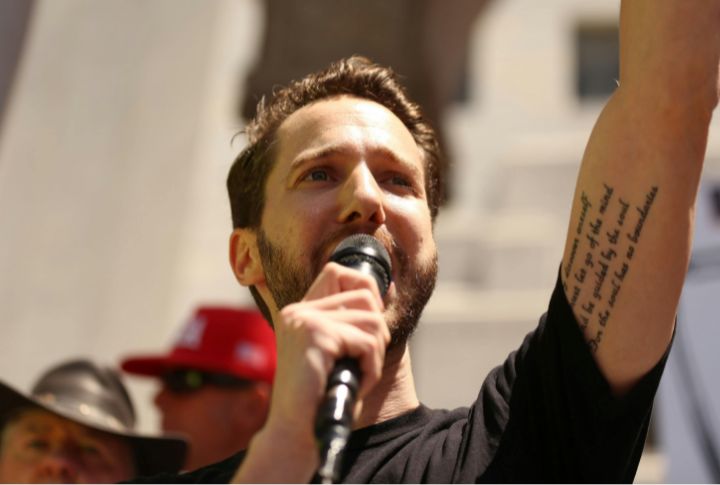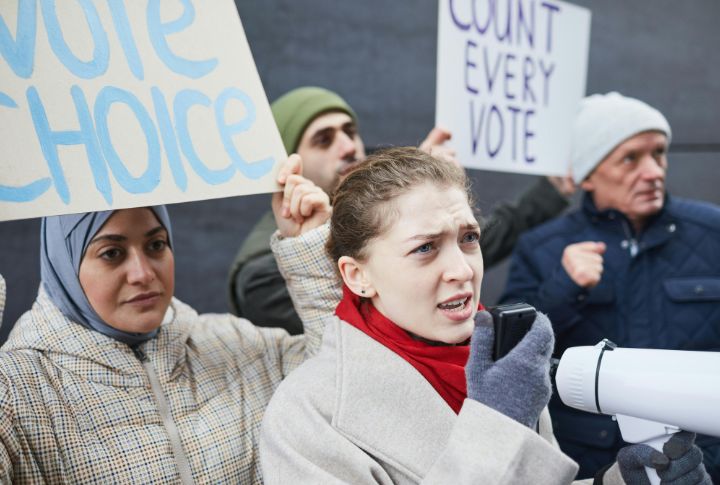
Freedom didn’t stroll into America’s story—it kicked down the door after years of rebellion and resolve. Every right you know today was earned through debate, defiance, and a little chaos. Ready to trace how those hard-won liberties turned into the everyday freedoms we barely stop to notice?
Freedom From Colonial Rule
Long before freedom became an American birthright, it was a dream fueled by resistance. Colonial laws came from London, and colonists had no real say. The Revolutionary War, fought by a volunteer Continental Army, changed that injustice. With the 1776 Declaration of Independence, America claimed both rebellion and sovereignty.
Freedom To Establish A Republican Government
When independence was won, the next question was daunting: how to govern a free people? In 1787, delegates gathered in Philadelphia and debated for months before creating the U.S. Constitution. It replaced monarchy with elected representation, guaranteeing every state a republican government under Article IV, Section 4.
Freedom Of Speech
Think of the last time you voiced an opinion online or at a gathering. It’s something simple, but once revolutionary. The First Amendment guarantees this right, protecting citizens’ ability to speak freely. Even within the disciplined structure of the military, this freedom exists, though limited for security.
Freedom Of Religion
In early America, people fled persecution to worship as they wished. The First Amendment enshrined that freedom, banning Congress from establishing or restricting religion. The military honors this too, offering chaplains from many faiths and accommodating religious practices where possible.
Freedom Of Assembly

Every protest, march, and rally owes its existence to one key right: the freedom to assemble. This right, secured by the First Amendment, once fueled movements like the Sons of Liberty and the abolitionists. It remains the heartbeat of democracy to empower citizens to stand together and demand change.
Freedom Of The Press
The truth has power, and the press protects it. The First Amendment shields journalists’ rights to report freely. Since the Civil War, war correspondents have risked everything to share stories from the frontlines. And in 1971, the Pentagon Papers case reaffirmed that even classified truths could reach the public eye.
Right To Bear Arms
From colonial militias to today’s National Guard, the right to bear arms has deep roots in America’s defense traditions. The Second Amendment safeguards this principle, and in 2008, the Supreme Court’s District of Columbia v. Heller decision affirmed its protection for individuals. The National Guard continues that historic legacy of citizen defense.
Freedom From Unreasonable Searches
Under British rule, “writs of assistance” let officials search homes without cause—one reason colonists rebelled. The Fourth Amendment now guards against unreasonable searches and seizures. Today, it still shapes how police obtain warrants, ensuring investigations must be backed by probable cause before entering private spaces.
Right To Due Process
The Fifth Amendment guarantees due process for everyone, while the Uniform Code of Military Justice (UCMJ), established in 1950, ensures the same within the armed forces. Courts-martial handle violations of military law to give service members structured legal protection. It’s a system that proves fairness and order can coexist.
Freedom From Cruel Punishment
It’s hard to imagine living in a time when punishments like flogging or branding were considered normal. The Eighth Amendment changed that, banning cruel and unusual punishment. Even today, that protection ensures punishments stay humane, keeping justice rooted in dignity rather than revenge.

